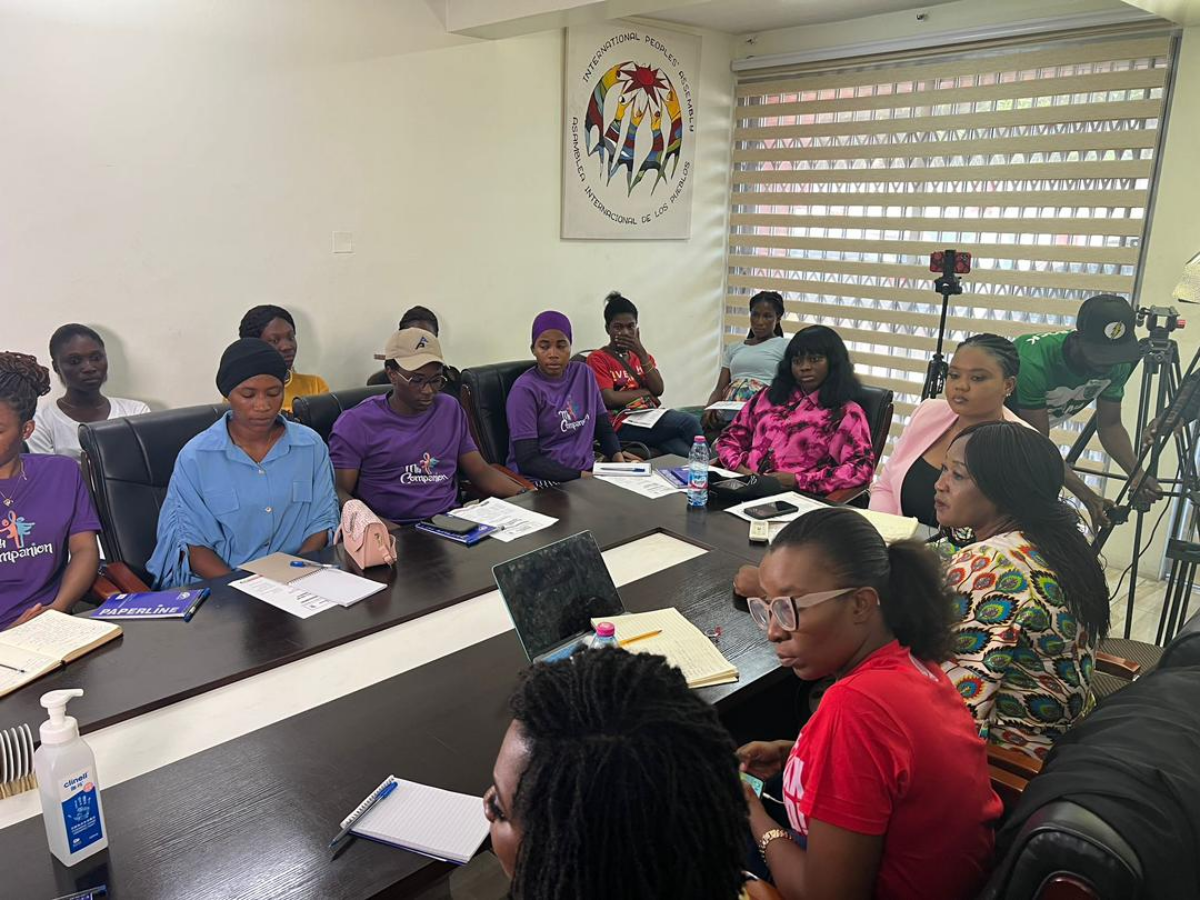
By Stanley Kwabla Arku – Pan African Television (Ghana)
In a united effort to address the pressing issue of taxes on menstrual hygiene products, the Socialist Movement of Ghana, Obaasima Foundation, and several non-governmental organizations have joined forces with the Member of Parliament for Madina Constituency, Francis-Xavier Sosu, and launched a coalition advocating for the elimination of these regressive taxes.
Months ago, these organizations took to the streets to protest against the taxes imposed on sanitary products, highlighting the detrimental impact they have on women and girls across the country. The protest sparked nationwide conversations, drawing attention to the insensitivity of the government towards the challenges faced by women and girls in accessing affordable sanitary products.
The Speaker of Parliament, acknowledging the gravity of the issue, expressed his support for the cause following a petition presented to him by these organizations. In response, Francis-Xavier Sosu has taken the initiative to draft a bill that calls on the government to abolish the 20 percent luxury tax and the 15 percent Value Added Tax (VAT) on sanitary pads, making them more accessible and affordable for all.

The newly-formed coalition aims to consolidate efforts by engaging with various stakeholders, including traditional leaders, religious bodies, and the diplomatic community, to amplify their call for the removal of these taxes. By mobilizing support and raising awareness about the harsh effects of such regressive taxes, the coalition seeks to ensure that the government takes immediate action to nullify these taxes.
The impact of these taxes on girls, women, and the indigenous population cannot be understated. Many girls and women in Ghana face significant challenges in accessing menstrual hygiene products due to financial constraints. The burden of these taxes further exacerbates the problem, making it difficult for them to maintain proper hygiene and dignity during their menstrual cycles. This, in turn, negatively affects their education, health, and overall well-being.
Furthermore, the indigenous population, often marginalized and economically disadvantaged, are disproportionately affected by these taxes. The coalition argues that these taxes perpetuate inequality and hinder the progress of Ghana towards achieving gender equality and social justice.
The coalition’s campaign aims to bring about tangible change by urging the government to recognize the urgency of this issue and take swift action to remove the taxes on menstrual hygiene products. By doing so, the government can demonstrate its commitment to the well-being and empowerment of women and girls in Ghana.
As the coalition gains momentum, it is hoped that their collective efforts will not only lead to the scrapping of these taxes but also promote a broader conversation about the importance of menstrual hygiene and the need for comprehensive support systems for women and girls across the country.


